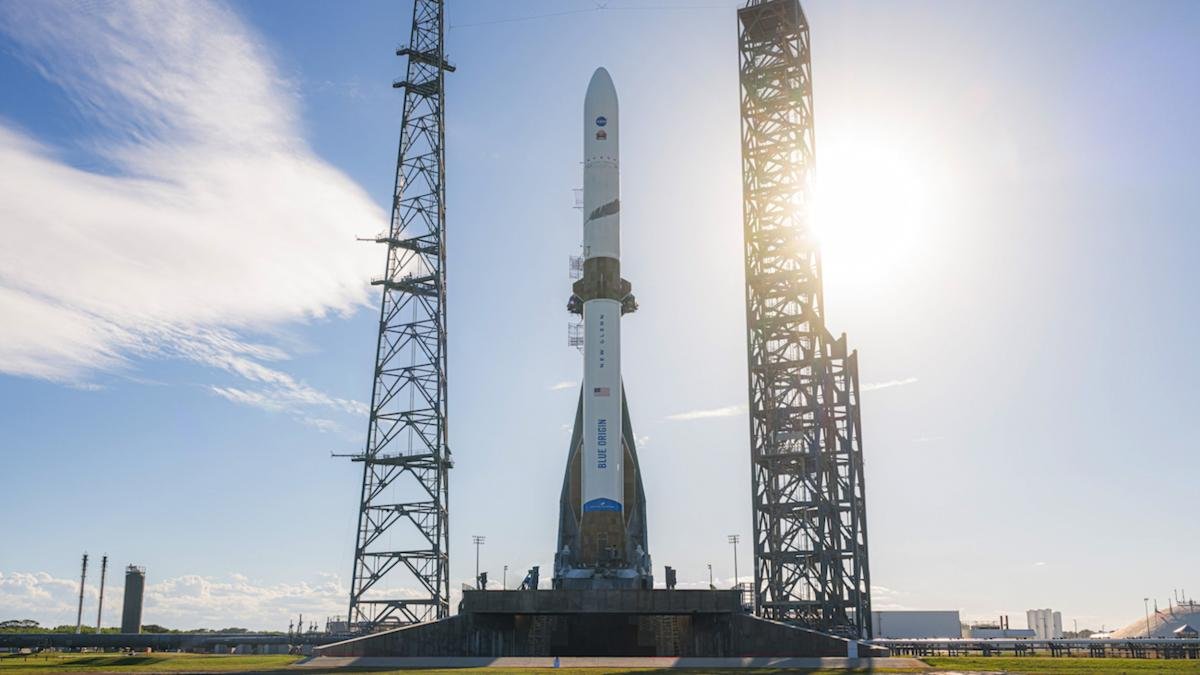Blue Origin’s New Glenn rocket has completed its second flight, Washington Post Report. The rocket launched Thursday from Cape Canaveral Space Force Station in Florida, and successfully separated from its first stage booster, which then landed on Blue Origin’s marine platform called “Jacqueline.”
This launch marks the first time a space startup has been able to capture a New Glenn booster for later reuse. The rocket’s first flight in January was successful in that it delivered New Glenn to space, but Blue Origin was not able to save the booster from a watery grave. The company had hoped to launch its second New Glenn mission on November 9, but it was canceled at the last minute due to weather.
New Glenn’s second mission is also notable because of its payload: The rocket carried NASA satellites destined for Mars as part of the agency’s ESCAPADE mission. Considering SpaceX’s close relationship with NASA, Blue Origin working with the agency could be an important vote of confidence.
It could also mean New Glenn is well-positioned to help another company founded by Jeff Bezos accelerate its satellite plans. Post writes that Blue Origin has an existing agreement with Amazon to launch its recently rebranded Amazon LEO satellites into space. LEO is positioned as a competitor to SpaceX’s satellite internet service, Starlink.
While SpaceX has completed many more launches with its Starship rocket than Blue Origin, it has also had some explosive failures along the way. Blue Origin still needs more missions, but if it can repeat its success with New Glenn, it could prove to be a threat to SpaceX.
